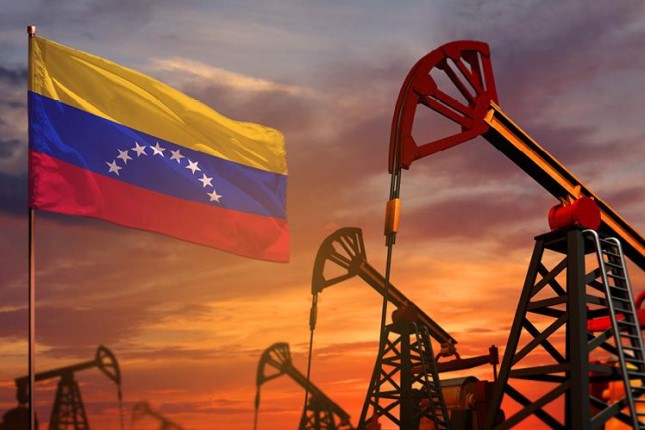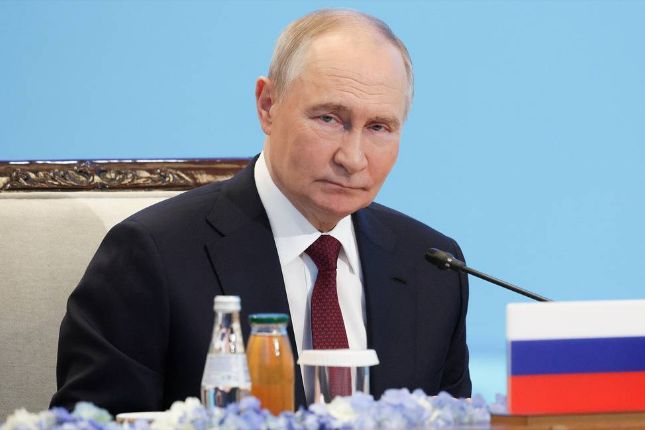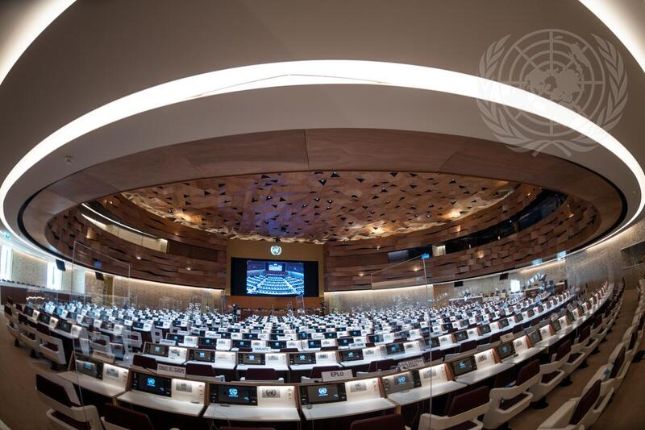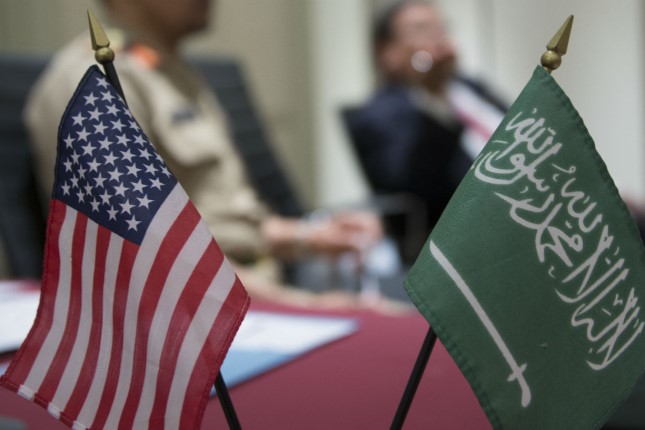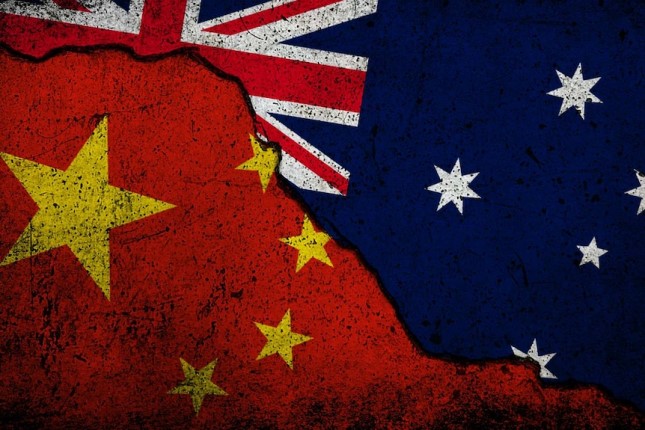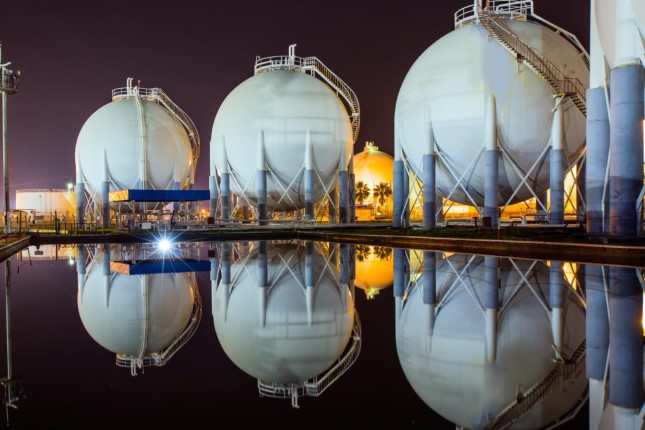During the first three months of 2023, Venezuela increased its oil production by 5.58% to 731,000 barrels per day (versus 693 barrels per day in the last quarter of 2022). Is that a lot or not much? At its historical peak, in 1998, the country's oil production reached 3.4 million barrels per day. But against a deep economic and political crisis at the turn of the 2010s and 2020s, the figure plummeted to 540,000 barrels per day in 2020.
The country's authorities have repeatedly declared their readiness to reverse the sad trend and bring the national oil industry out of its disastrous decline. In particular, at the beginning of 2021, Venezuelan Vice President of Economy and Finance Tarek El Aissami said that production will recover to 1.5 million barrels per day by the end of the year. However, that didn't happen, and even the 1 million barrels per day milestone has not yet been reached.
Temporary and unprofitable
Experts believe the main reason for the positive dynamics of oil production in Venezuela is the return of the US Chevron corporation. Remember that last November, the US Treasury Department decided to relax sanctions against the official Caracas and allowed Chevron to produce and import crude oil and refined products from Venezuela to the United States. At the same time, the ban on paying any taxes or royalties to Venezuela's government is still there.
In this case, we are talking only about "production growth for the sake of production", or − at best − the possibility of partial restoration of the country's oil industry with the technical assistance of American experts, but not about the actual return to mutually beneficial cooperation with American corporations. So this concession can only be regarded as just a short-acting pain reliever.
What is more, the increase in the supply of Venezuelan oil was accompanied by a fall in prices. Thus, the average price of Venezuela's Merey heavy crude oil in 2022 was USD 74.72 per barrel, and it reached USD 92.25 in June. In the first quarter this year, the average quotation was USD 60.19 per barrel, and the price fell to USD 57.25 by late March. Yes, Merey is traditionally the cheapest sort in OPEC's basket, but that alone cannot explain the difference in price with the benchmark Brent oil. Remember that Brent averaged USD 100 per barrel in 2022 and had fallen nearly 7% by the end of March, according to FactSet. Merey was worth 24% less than the previous year by the end of the first quarter.
In 2022, the low cost of Venezuelan oil was logically explained by the fact that Caracas had to provide large discounts to those buyers who agreed to buy "sub-sanctioned" oil (China, first of all). But here's the paradox - as soon as oil supplies were partially relieved from US sanctions, the prices suddenly went up, not down! We can only assume that Washington, in exchange for the removal of restrictions, demanded an even greater discount than, for example, Beijing. Whether this is beneficial to the Venezuelan people is a purely rhetorical question...
However, the US is trying to lay the blame on somebody else. This is what the article in Los Angeles Times dated March 31 is about: the blame for the drop in oil revenues is put on Venezuela's corrupt authorities. Dozens of shell firms have been set up - some registered in poor shacks in Caracas working-class neighborhoods and some in posh offices in Hong Kong - but what they all have in common is that they are involved in shady dealings in Venezuelan oil.
Full astern
Washington's decision to partially lift sanctions was not a result of a caring attitude towards the Venezuelan people, but solely the pursuit of its narrow self-interest. Amid OPEC+ alliance production cuts, Washington is looking for new sources of raw materials for the global market and especially for the US market, in order to avoid the possible increase in oil prices. This is especially important in the run-up to next year's US presidential elections. Biden needs to reassure his voters and show that fuel prices in the US will not go up due to the intransigent position of "treacherous Saudis." Any means are good here, right up to resuming supplies from Venezuela, the country the White House hates so much.
But here, too, the "one step forward, two steps back" strategy prevailed. The tiny warming trend in relations with Caracas was immediately reversed by another decision. In April, the US announced that the assets of Citgo oil corporation would be turned over to the Venezuelan opposition. "It is a brazen theft of a company estimated to be worth more than USD 8 billion, with more than 10,000 gasoline stations in the United States, a brazen theft of a company generating over USD 1 billion in profits annually," said Venezuelan President Nicolas Maduro quite rightly in this regard.
Perhaps this step of the US authorities does not quite fit into Biden's strategy of "slowly taming" the recalcitrant Venezuela. The decision to confiscate was made in a lawsuit filed by the Venezuelan opposition in a Delaware court, and the executive branch was forced to comply with the decision. But it only confirms that any attempt to negotiate with Washington to ease the sanctions is, in principle, a dead end for Caracas.
US policies will always take into account only their own interests and can be changed at any moment, at any whim of the powerful. And restoring production is a long and expensive process, so a sounder basis is needed for appropriate investment decisions than an approving nod of old man Biden's head.
Reliable partners
The long-term revival of Venezuela's oil industry is possible not thanks to the US policies, but through cooperation with ultimately different countries. And it is very encouraging that active steps have been taken in this direction recently.
A 20-year cooperation plan was signed during the visit of President Nicolas Maduro to Iran in June 2022, which, among other things, included partnership in the oil industry and petrochemistry. In May the same year, the National Iranian Petroleum Engineering and Construction Company signed a contract worth about EUR 110 million to carry out repair works on a small refinery in Venezuela with a capacity of 146,000 barrels per day.
In mid-April this year, Iranian Oil Minister Javad Ovji visited the South American country and held talks with his Venezuelan counterpart Pedro Rafael Tellechea, which led to the signing of an agreement to expand bilateral cooperation in the energy sector.
According to the Iranian news agency IRNA, the parties, among other things, agreed to cooperate in the development of oil and gas fields, renovation and reconstruction of oil refineries. Iran will provide technical and engineering support, and supply equipment for the modernization of petrochemical complexes and oil terminals in Venezuela.
Moreover, Iran has already made a huge contribution to the restoration of oil production in Venezuela. The heavy crude oil extracted from the subsurface in this country must be diluted with lighter oil products before being exported. Previously they were supplied from the US, but in the conditions of sanctions, Tehran lent a helping hand to Caracas. Thus, in 2022 a total of four batches of naphtha with a total volume of 8 million barrels were delivered. These supplies continued this year as well.
Interestingly, the above-mentioned US decision to partially lift sanctions was aimed, among other things, at the disruption of these supplies. Chevron's general license to operate in Venezuela allows it to export diluents, condensates, oil products or LNG to that South American country, ... except for products of Iranian origin. In other words, they are trying to get Venezuela "hooked" on American diluents and force it to break off cooperation with Tehran in this sphere. But it seems Caracas will not fall into such a simple trap...
Russia has great prospects for cooperation with Venezuela in the oil sphere. This fact was confirmed by the visit of Russian Foreign Minister Sergei Lavrov to Caracas in April 2023. He made it very clear that the Venezuelan people have an alternative. "We will do everything we can to make Venezuela's economy less and less dependent. I am convinced that our experience will be useful to our Venezuelan friends. Because we are champions of the world by the number of sanctions now," Sergey Lavrov said.
"We have perspectives in oil production, gas development, medicine and pharmaceuticals, agriculture, space, communications, as well as new technologies. We will increase the volume and pace of cooperation in all these spheres," the head of the Russian Foreign Ministry said during the press conference.
Naturally, the revival of the country's oil industry, even with the help of reliable partners, will take years, and no one is offering easy recipes here.
